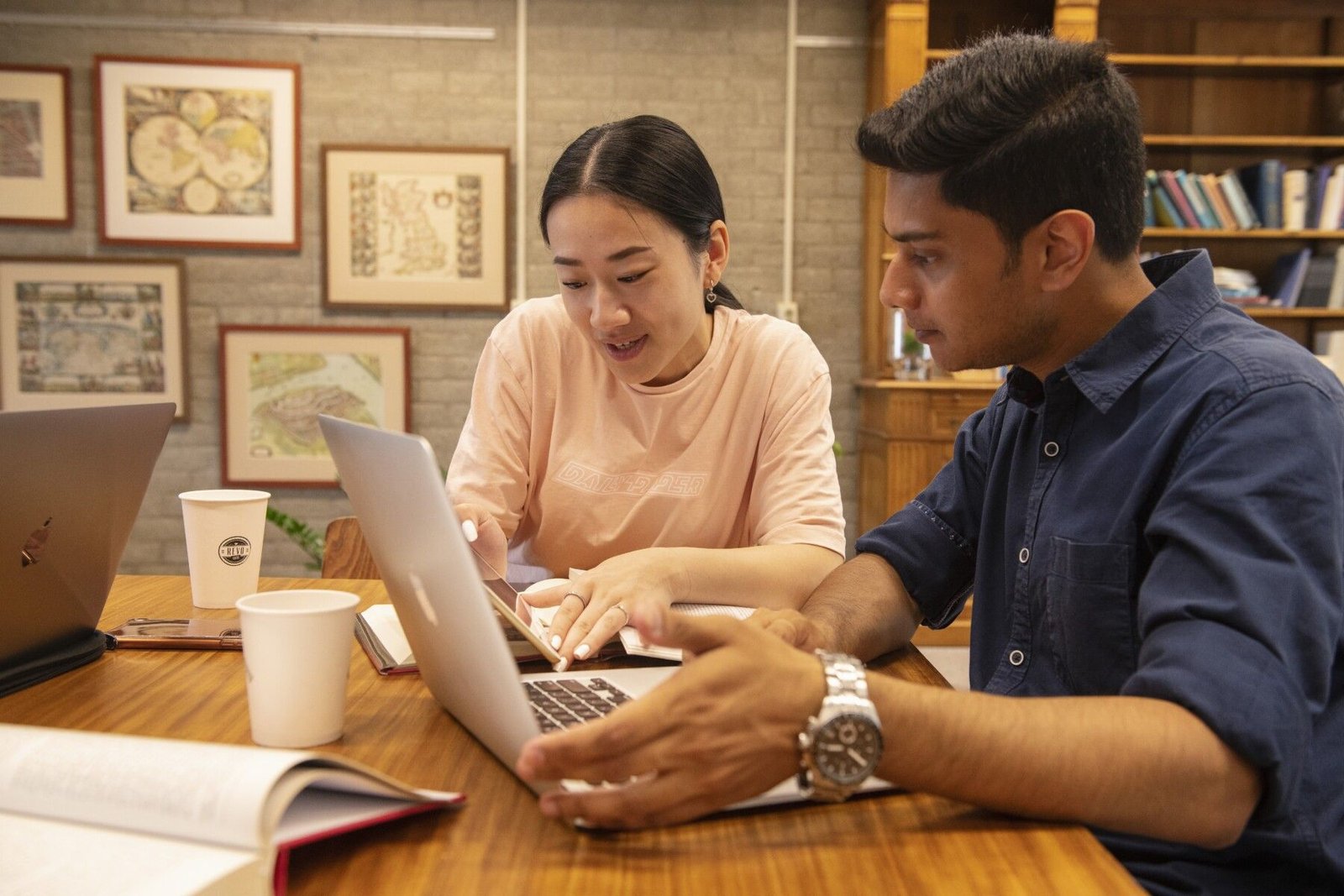Opportunities and risks of a growing economic and social mechanization
Die zunehmende Technisierung und Digitalisierung aller gesellschaftlichen Bereiche wirft Fragen nach den Ursachen und Folgen dieser Prozesse, aber auch nach deren Gestaltbarkeit auf. Im Mittelpunkt des Seminars stehen daher die Wechselwirkungen zwischen technologischen Innovationen und gesellschaftlichen Strukturen. Die immer stärkere Verflechtung zwischen Mensch und Technik kann nur durch deren gemeinsame Beachtung, also einer soziotechnischen Perspektive, umfangreich nachvollzogen werden. Aus dieser Perspektive betrachten wir wie Innovationen entstehen, wie sie sich in der Gesellschaft verbreiten, und wie Mensch und Technik vertrauensbasiert zusammenwirken können.
Darauf aufbauend werden drei zentrale Aspekte einer zunehmenden Technisierung und Digitalisierung betrachtet. Erstens wird die zunehmende Erzeugung, Ansammlung sowie Verarbeitung von großen Datenmengen (BigData) im Rahmen einer gesteigerten Nutzung digitaler Dienste untersucht. Zweitens werden auf großen Datenmengen trainierte Algorithmen und damit ermöglichte Funktionen einer Künstlichen Intelligenz (KI) hinsichtlich ihrer gesellschaftlichen und wirtschaftlichen Implikationen untersucht. Dabei steht die veränderte Rollen- und Aufgabenverteilung zwischen Mensch und Technik im Vordergrund. Drittens werden die Möglichkeiten virtueller Welten in verschiedensten Anwendungsbereichen betrachtet. Eine der zentralen Technologien ist dabei die Extended Reality (XR, als Oberbegriff für VR, AR, MR) und die Entwicklung des (Industrial) Metaverse.
Abschließend werden Konzepte der soziotechnischen Transformation sowie der nutzerzentrierten Gestaltung von Innovationen bearbeitet, die potenzielle Gestaltungsmöglichkeiten zum Beispiel für die Digitale Transformation, Energiewende, Verkehrswende (Elektromobilität) oder nachhaltigen Handlungsweisen aufzeigen.
